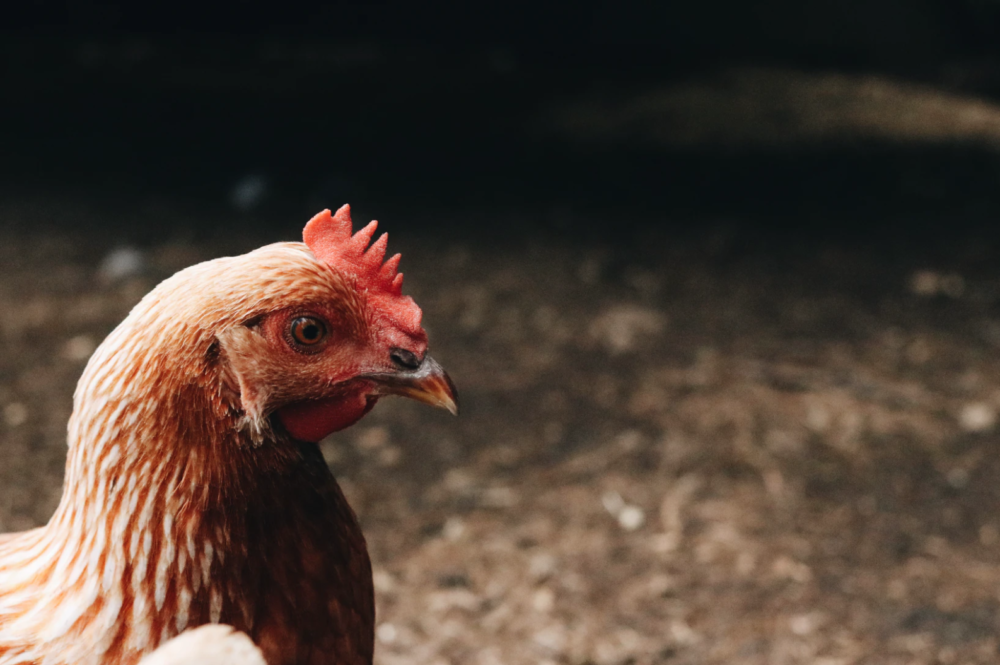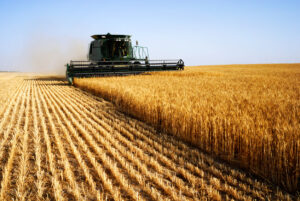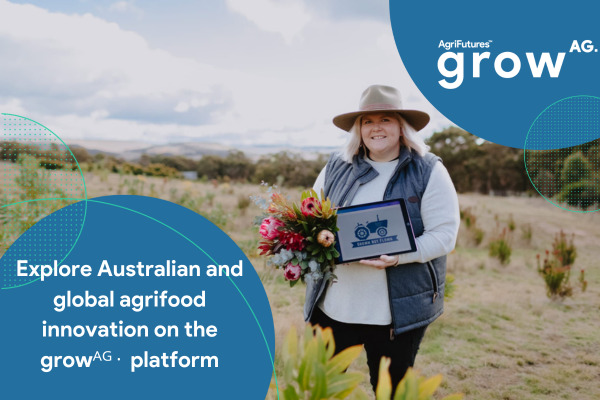Organic poultry producer Bell & Evans is hoping to increase the supply of organic grain for feeding its birds through a new partnership with agribusiness giant Cargill and the organic-focussed nonprofit Rodale Institute.
Called the Bell & Evans Organic Grain Initiative, the goal of the program is to transition 50,000 acres of US corn and soybean fields to certified organic production over the next five years.
This is the largest market-financed organic grain transition program to date, according to the partners, who hope that they’ve created a model for other industry players to adopt.
Some may think the trio makes for strange bedfellows; but for Sam Malriat, the Rodale Institute’s director of organic crop consultancy, it’s really about the mission.
“You could call it an unlikely partnership but I think our goal has always been to help farmers transition to organic production,” he told AFN.
“We are happy to take on partnerships that line up with that goal. We all have similar goals and for us, we’ll take any opportunity we have to change farming practices for the better.”
Sales of organic foods in the US climbed 4.6% in 2019 to hit over $55 billion in value, according to the Organic Trade Association – despite only 1% of the country’s farm acres being certified organic.
In 2020, Bell & Evans saw 25% growth in organic chicken sales. If the upward trajectory continues, the brand could hit a 27% in 2021 and 17-20% each year after that through 2024 by its measure.
Having enough chicken to meet this demand means Bell & Evans needs enough organic grains to keep its birds fed. To address the supply situation, it entered a long-term sourcing agreement that makes Cargill its exclusive source of organic grain.
Incentivizing the transition to organic farming
Considering that Bell & Evans raised 63 million broilers in 2020 and plans to increase that number by 50% over the next two year, it’s going to need a whole lot of organic grain. Its also due to complete construction on an organic processing facility this year.
The agreement requires Cargill to incentivize US farmers to transition acreage from conventional grain production to organic management. To help pave the way, the Minnesota-based commodities company tapped the Rodale Institute to provide consulting services to farmers interested in making the switch.
“We have a team of consultants right now in Pennsylvania and across the Midwest who are working with a lot of conventional farmers to help them transition,” Malriat said.
“Day-to-day, they’re generally on the road, visiting farmers and helping them primarily with things like weed control and compliance. We help them all the way through the three-year transition period.”
With more than seven decades of experience in organic research, outreach, education, and partnership, Rodale is hoping to assuage farmers’ biggest concerns about going organic: knowing where to start, finding the right educational resources, and succeeding and making the switch.
“Transitioning from conventional to organic agricultural production requires farmers to shift their entire production model – everything from crop inputs to weed management strategies must align with the organic standard,” said Jeff Vassart, managing director for Cargill’s agricultural supply chain in North America.
“While organic premiums are lucrative, farmers don’t reap those benefits until they have completed the three-year transition period and even then, there may not be a market for their grains,” Vassart told AFN.
Growers who enroll in the program will receive customized support to aid them through the transition, including on-farm consultation, organic system planning, certification assistance, weed management guidance, crop rotation planning, recordkeeping guidance, and inspection preparation.
Farmers also typically have doubts about finding the right market for their new organic products after they complete the required three-year transition, but Bell & Evans says it will be ready and waiting for them at the finish line. And to lend a helping hand during the transition period itself, Cargill is stepping in to assist farmers with finding a market for their pre-organic crops.
So far, farmers have been receptive to the program, Malriat claimed.
“The conventional farmers who have transitioned just a small acreage with us to organic production in the past few years have called us back because they want to expand and [they want to] be able to take advantage of this partnership agreement,” he said.
Big players, big moves
Cargill and Rodale have been active players when it comes to efforts to improve sustainability and provide farmers with additional support.
Rodale recently launched its Regenerative Organic Certified label, for example, while also investing $2 million of its endowment into Iroquois Valley Farmland’s REIT. It also maintains a scholarship fund to help train young farmers in organic agriculture.
Cargill announced a new pledge in September 2020 that aims to help US farmers convert over 10 million acres to regenerative agriculture practices by 2030. It has also partnered with the Soil Health Institute to make a business case for regenerative farming methods, and has teamed up with fast food chain Burger King and the World Wildlife Fund to help farmers in the US Great Plains to reseed cropland into perennial grassland.















Sponsored
Sponsored post: The innovator’s dilemma: why agbioscience innovation must focus on the farmer first